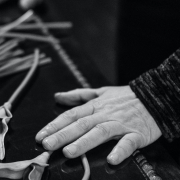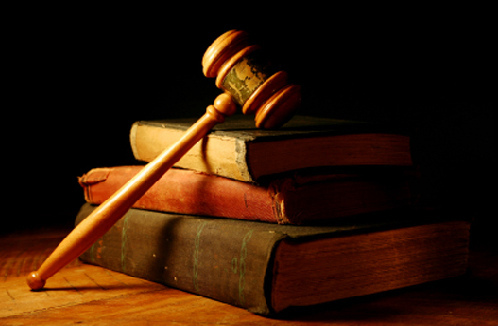7 Tips to Prepare Your Last Will & Testament
 Death and taxes are the only two inevitable things in this world, both of which we don’t have much control over. That’s why it’s best to be as prepared as possible.
Death and taxes are the only two inevitable things in this world, both of which we don’t have much control over. That’s why it’s best to be as prepared as possible.
Part of our preparation involves finalizing one’s will and testament. It can be pretty overwhelming at first. The thought of your passing on and setting yourself up for it may feel like the most surreal thing in the world. However, it really does make a big difference in the long run. It doesn’t only help your loved ones. It also helps ease the burden on everyone.
If you are looking for ways to prepare your last will and testament, then look no further. Below is a simple guide along with useful tips.
Do it as early as you can
No one likes to think about death. In fact, no one enjoys the very thought of it. However, preparation makes for a lot of benefits for the people you love and for yourself. One of the first things you need to know about your last will is to start with it as soon as you can.
State laws vary, with it comes varying tax laws as well. Doing yours early help you prepare your property, along with other things that can de deductible or those that involve the government. Preparing it early lets you foresee changes and allow you to revise along the way.
Don’t rely on online templates
Making it yourself and relying on online templates can only take you so far. Sure, it provides you with a basic idea on how to draft one out. However, it may not tackle common issues that aren’t state-specific. You could be missing out on certain nuisances that may affect your financial situation and the future of your finances once turned over.
It’s best to work with professionals, like estate lawyers. This way, you are certain that your entire life’s worth is being handled carefully and properly.
Identify your assets
Assets come in all forms and values. From credit cards to bank accounts and from social media accounts that generate money to retirement funds and other investments, you must spend enough time carefully taking an inventory of each. In fact, even a frozen embryo counts as an investment.
Once you’ve noted down everything, try not to hide your asset inventory in a safety deposit box. Have a confidante, at least one person who can make the pain of drilling that box a lot less painful when the time comes. After all, this will make things easier for everyone once you’ve passed on.
Find the best possible executor
The executor is known as the right-hand of the person who made his or her last will and testament. This person will be the one to guarantee that every asset is handed over to the right person, every debt is paid and everything else is settled afterwards.
Choosing one is an extremely crucial task. Not only do you have consider whether or not the person is up for the task. You should also consider whether or not this person has the time and energy to devote to it. So as early as now, find that one person and talk to him or her. Remember that s/he will be responsible for everything that you used to own.
Be open to your family about your wishes
Countless stories and news have been told of families ripping each other apart and taking things to court because of a will and testament. It becomes ridiculous, wasteful and sad. It makes people forget the value of their loved ones, which is priceless.
If you are someone who owns a lot of property, it’s best to be open to your family about your wishes. Gather everyone and let them know how you intend to divide everything. This way, not only will everybody hear it. It’s also going to save everyone from the ugly part of accessing and distributing assets.
Joint properties supersede your last will
It’s a common mistake for people to include their joint properties as part of their will. However, the reality and the law states that when one of the person who owns a joint property dies, the other person automatically absorbs everything.
So remember not to include joint properties in your will. This may just cause more harm than good when the time comes.
Name a guardian for your children
If you are leaving young children behind, it’s best to name a guardian who will look after them. It will save everyone the emotional exhaustion, particularly on your kids, to find who the next best person is.
Moreover, the court will be following your wishes unless there is hard proof that the guardian you named isn’t fit to take care of your children.









